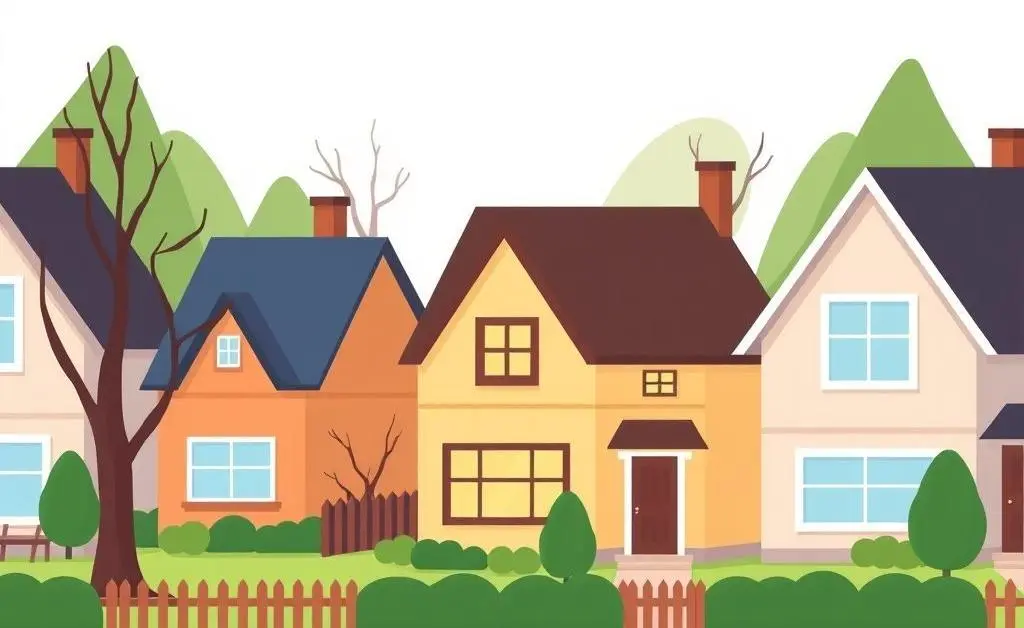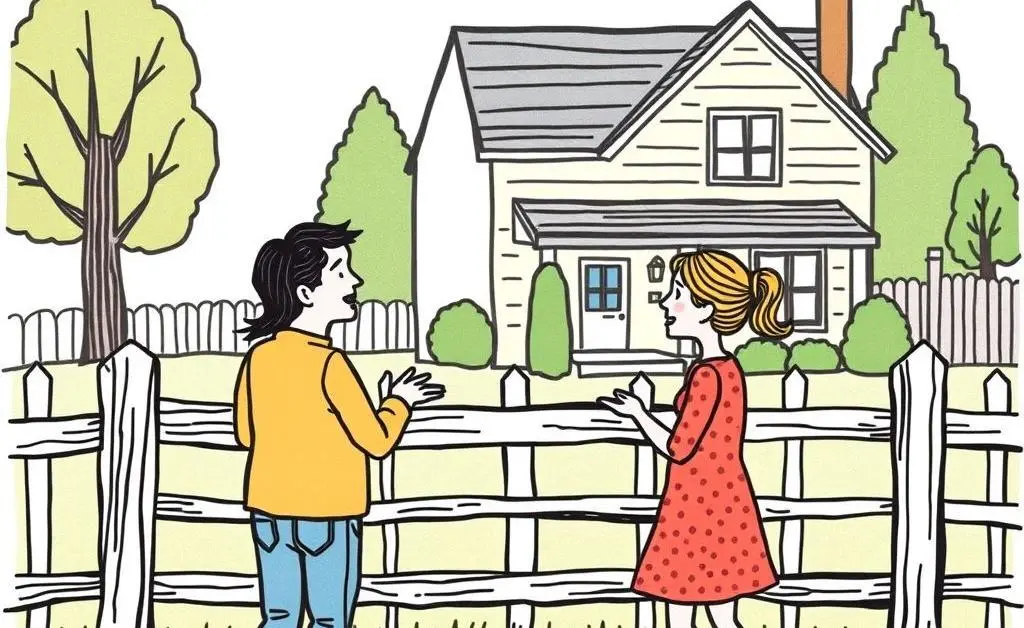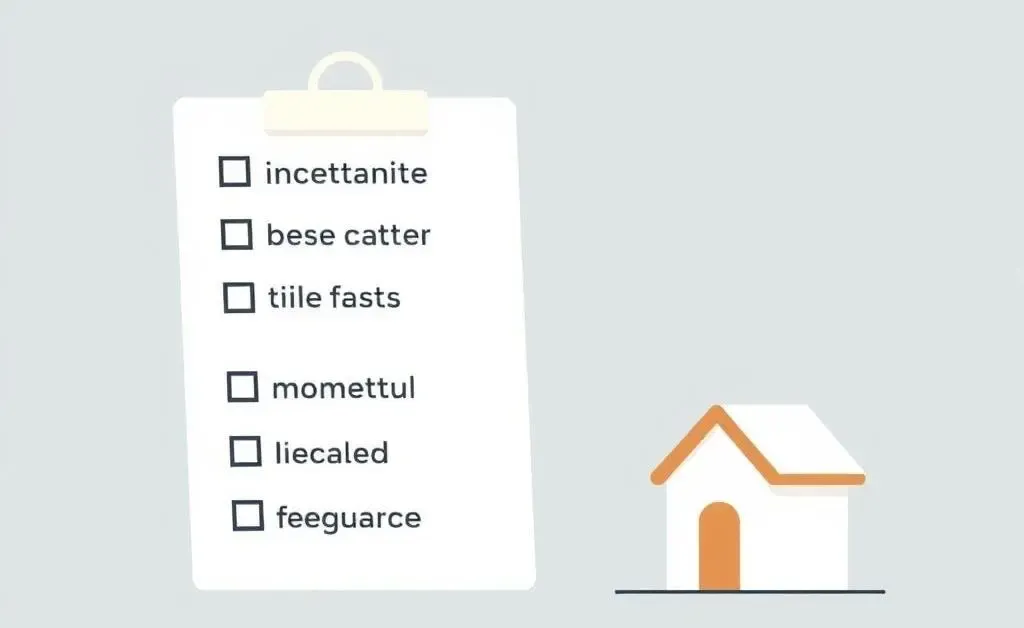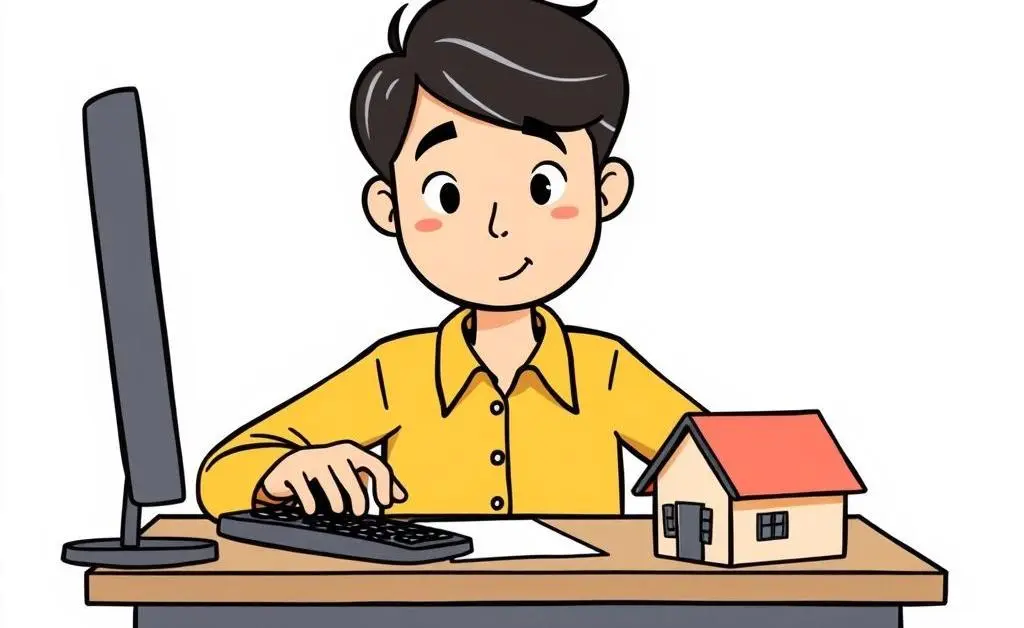Should You Buy the House Next Door? A Neighborly Guide to Real Estate Investing
Exploring the perks and pitfalls of investing in the house next door.

It's a lazy Sunday afternoon, and as you sip your favorite tea, you can't help but glance out the window at the house next door. The thought bubbles up again: Should I buy it? Investing in a property close to home can seem like a cozy, convenient option—after all, you know the area, the market, and you might even share a laugh with the neighbor over the fence. But is it really the right move for you?
Reasons to Consider Buying the House Next Door
There are a few enticing perks that could make this investment opportunity quite appealing.
- Proximity: You'll be just a hop away to manage and oversee the property, saving travel time and offering peace of mind.
- Familiarity: You already know the local market trends, schools, and amenities—the research groundwork is largely done.
- Community Influence: Buying property nearby means you have more control over your immediate surroundings, enhancing neighborhood appeal.

These factors certainly sound comforting, but we also have to look at the bigger picture.
Potential Challenges in Neighborhood Investments
Every silver lining has its cloud, and investing in your own backyard might have a few.
- Emotions in Business Decisions: When you're personally tied to the area, sentimental feelings might cloud judgment, leading to decisions you'd otherwise think twice about.
- Financial Commitment: Tying up finances in close proximity means you're putting eggs into one basket; market downturns affect all local properties simultaneously.
- Risk of Overlooking Problems: Familiarity can breed oversight. It's easy to miss impending issues because you assume you already 'know' the property.

Navigating the Decision with Confidence
So how do you decide? Here are a few thoughtful steps to help navigate the process:
1. Assess the Market
Consider the current market conditions. Is it a seller’s or buyer's market? Check out historical data and predictions for your neighborhood as well.
2. Crunch the Numbers
Get your calculator and work through different scenarios, including rental income potential and future value growth. What does that ROI look like?

3. Look Beyond the Familiar
Don't skip thorough inspections; hire a professional to uncover things your eyes might miss due to familiarity.
Final Thoughts
Investing in the house next door is not only about financial growth but can also enhance community ties. As you ponder whether to take that leap, remember to weigh both anxiety and excitement in the balance. Sometimes the best investments are those that make both your heart and mind nod in agreement.
What do you think? Would flipping the sign from 'neighbor' to 'owner' fit you?




